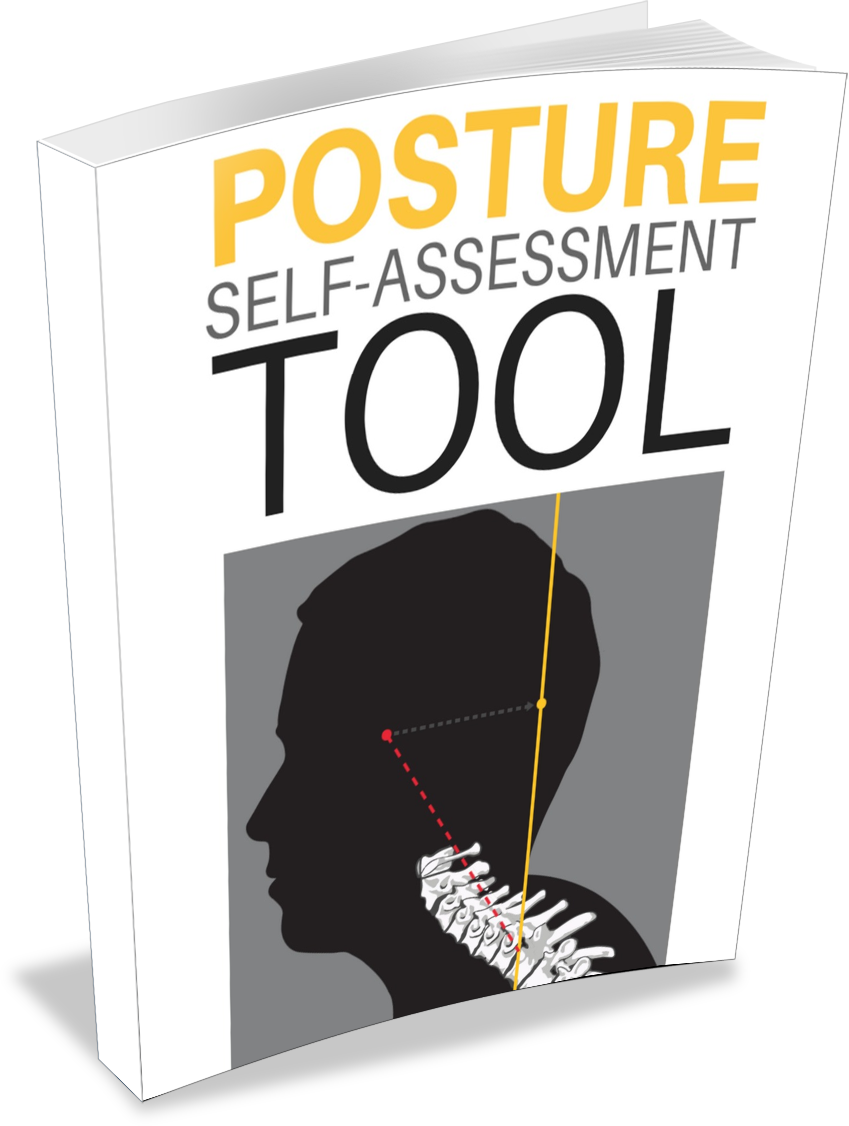We live in a world engineered for comfort. With soft chairs, temperature control, instant food delivery, and endless entertainment at our fingertips, we rarely encounter the kind of physical or mental challenges that used to be a natural part of life. And while comfort feels good, too much of it can quietly chip away at our strength, energy, and vitality.
Discomfort, on the other hand, is nature’s training ground. It builds muscle, sharpens the mind, and cultivates resilience. Growth lives on the edge of challenge—whether it’s physical, emotional, or mental.
Growth Through Discomfort
When you lift weights, your muscles endure tiny tears. The body doesn’t break down from this; it builds back stronger. The same principle applies to your cardiovascular system, nervous system, mental focus, and even your sense of discipline.
Think of steel: forged through fire, hammered and cooled, shaped into something unbreakable. Your health and resilience are no different. Without the occasional fire, you remain untested and unprepared.
We weren’t built for a life of constant ease. We were built to adapt, to overcome, and to grow stronger through adversity. That means discomfort isn’t something to be feared or avoided—it’s something to be welcomed in measured, intentional daily doses.
Everyday Discomforts That Build Strength
Here are some practical, safe, and accessible ways to build discomfort into your daily or weekly rhythm:
Take a 30-second cold shower to jolt your nervous system, improve circulation and immunity.
Stretch beyond your usual range to release tension and improve mobility
Skip a meal occasionally (intermittent fasting) to train your metabolism and build discipline
Meditate in silence, especially when it feels uncomfortable or boring
Go without your phone for several hours to reset your nervous system and reclaim focus
Walk or bike instead of driving when possible, especially in unpleasant weather
Try a different kind of workout, one that challenges neglected muscles or skills
Say no to sugar, alcohol, or processed food for a few days to recalibrate your cravings
Sleep without artificial light or sound to reset your natural rhythms
Wake up early without hitting snooze to build mental grit
These might sound inconvenient, but that’s the point. By voluntarily stepping into controlled discomfort, you train your body and mind to handle real-life adversity more effectively. It’s not about suffering; it’s about strengthening your capacity.
Discomfort as a Lifestyle, Not a Test
Incorporating discomfort doesn’t mean becoming extreme or punishing yourself. It means consistently challenging your limits just enough to stay adaptable, strong, and clear-headed. You build grit—the ability to grow stronger from stress instead of breaking down from it.
Discomfort is where growth begins. It’s the moment your brain wants to quit, but your body keeps going. It’s the pause before the cold plunge, the urge to reach for the phone that you resist, the quiet breath you take when you’d rather speak.
So the next time you feel the urge to avoid something just because it’s uncomfortable, pause. That resistance might be your invitation to get stronger, clearer, and more capable.
To your strength and resilience,
Dr. Rob


















